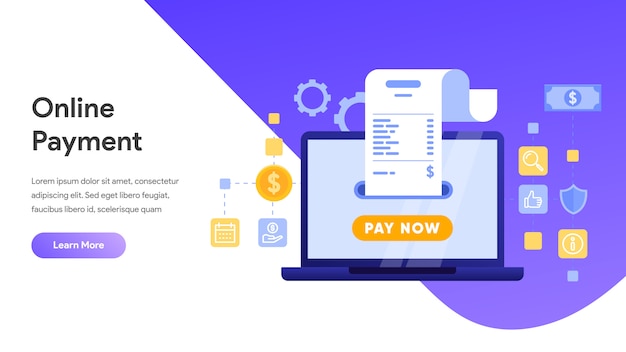
People can accumulate debt in numerous ways. Whenever consumers use credit but fail to repay it as per the agreement, it becomes a debt. For instance, unsettled credit card bills, loans, and car finance are considered debts. Overdrafts also fall under this category if a person fails to refill their bank account to offset the negative balance. Therefore, before taking on an overdraft, it’s imperative to understand its financial implications.
Certain banks and building societies provide a facility known as an overdraft. This involves the institution allowing the account holder to withdraw or issue checks up to a specific limit, constituting a revolving loan. Interest is recalculated daily based on the outstanding overdraft amount. Typically, overdrafts have a determined duration and exceeding the negative balance or time can result in additional charges or higher interest rates.
In the UK, an authorized overdraft is pre-agreed with a bank or building society. If the account holder surpasses this limit, it’s considered an unauthorised overdraft. Virtually all major UK banks levy unauthorized overdraft fees. Nevertheless, some offer a grace period, where customers won’t incur charges if the money is repaid within a set timeframe.
In certain situations, a bank may freeze an account with an overdraft until the funds are repaid. During this time, account holders cannot access any deposits in their account, including salary payments. Setting up an overdraft may be costly due to possible setup charges and a monthly fee for use of the service. It can also become quite expensive if a significant amount of money is borrowed and not repaid promptly.
Overdrafts and other debts owed to banks or building societies are generally seen as non-priority debts unless the loan is secured against a home. However, should one default on repayment, the financial institution can resort to legal proceedings to recover the debt, including additional charges. Therefore, individuals in debt should devise a personal budget for repayment and engage in discussions with the bank to prevent escalation to court proceedings.
If a person finds they can’t meet their overdraft repayments, they should inform their financial institution. Potential remedies could include freezing interest and other fees, adjusting the monthly repayment amount, or lengthening the repayment duration. Regular missed repayments could result in the bank seeking a County Court Judgment (CCJ).
It’s essential for account holders to be vigilant about repayment to prevent an authorized overdraft from escalating into a severe financial burden. Treat the overdraft like any other credit when budgeting monthly expenses to fend off any negative impact on credit ratings, such as a CCJ, which could adversely affect them for several years.


